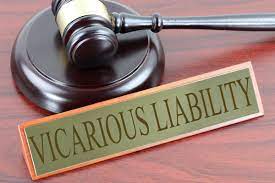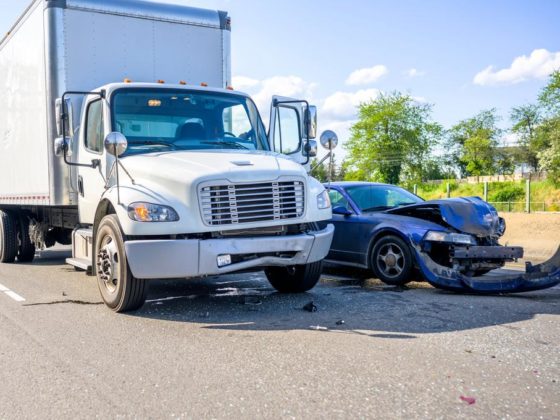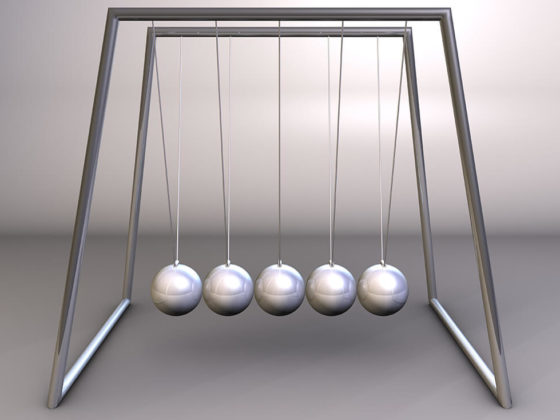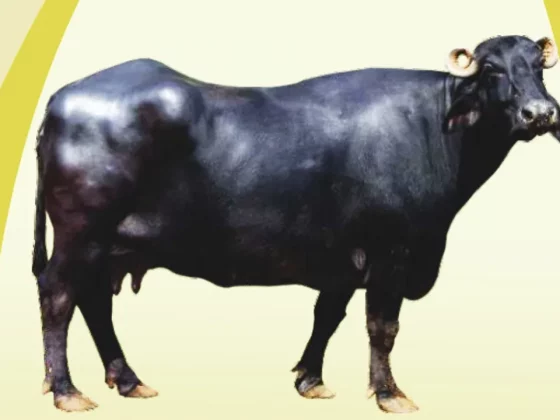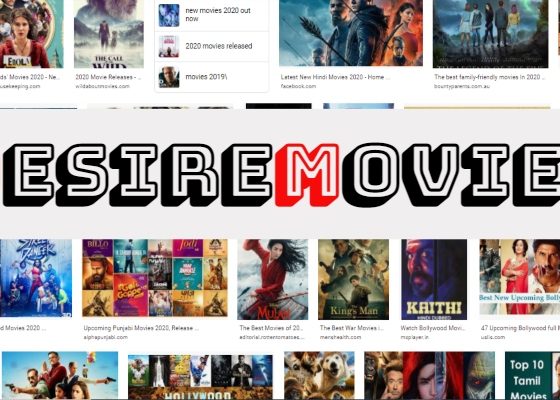You may have heard about the term “vicarious,” which means “living vicariously through someone.” it refers to the mindset or act of living via other people’s experience rather than living by yourself.
In terms of law, there is a legal doctrine known as the law of vicarious liability. The same applies here, except legally, the individual who did not directly “experience” injuring or harming another individual can still be held liable for the injury. For more information, contact the Law Office of Brian P. Azemika.
What is a vicarious liability in a personal injury case?
Vicarious liability is a law term used in an employee-employer situation when an employee causes harm to somebody, and the employer is held responsible vicariously due to their professional relationships with the employee.
Vicarious liability is held by an entity or person in charge (known as the principal) of another individual (other subordinates) if that employee provokes harm or injury to another individual. This is also called negligence.
The main goal of vicarious liability is to make the principal liable for their contribution. By permitting the employee, they eventually hold liability for the employee’s actions. Until, of course, the employee acted outside the responsibilities allotted to them by the employer.
The elements of vicarious liability
There are different vicarious liability cases, so it is best, to begin with, some basic vocabulary. Once you get these words, it will be easier to understand the various elements at play during the claim or trial.
- Principal
The principal is the individual, company, or entity that is legally responsible for vicarious liability due to the actions taken by the agent. They have authority over the agent and are also known as the agent’s boss or other roles responsible for the agent’s actions.
- Agent
The agent is the individual who performed that action leading to harm or injury to another individual. They have the position beneath the principal. They are typically an employee but can also be a child to the parent (principal).
- Plaintiff
The plaintiff is the individual who suffered injury or harm due to the agent’s reckless actions.
- Scope of employment
Following the vicarious liability rule, the agent must act within the employment scope. The injury or harm suffered by the plaintiff must have happened in the responsibilities course, which is part of the agent’s job. It means the agent/employee acted within the bounds of the professional relationship between themselves and their principal/employer when the act was committed.


